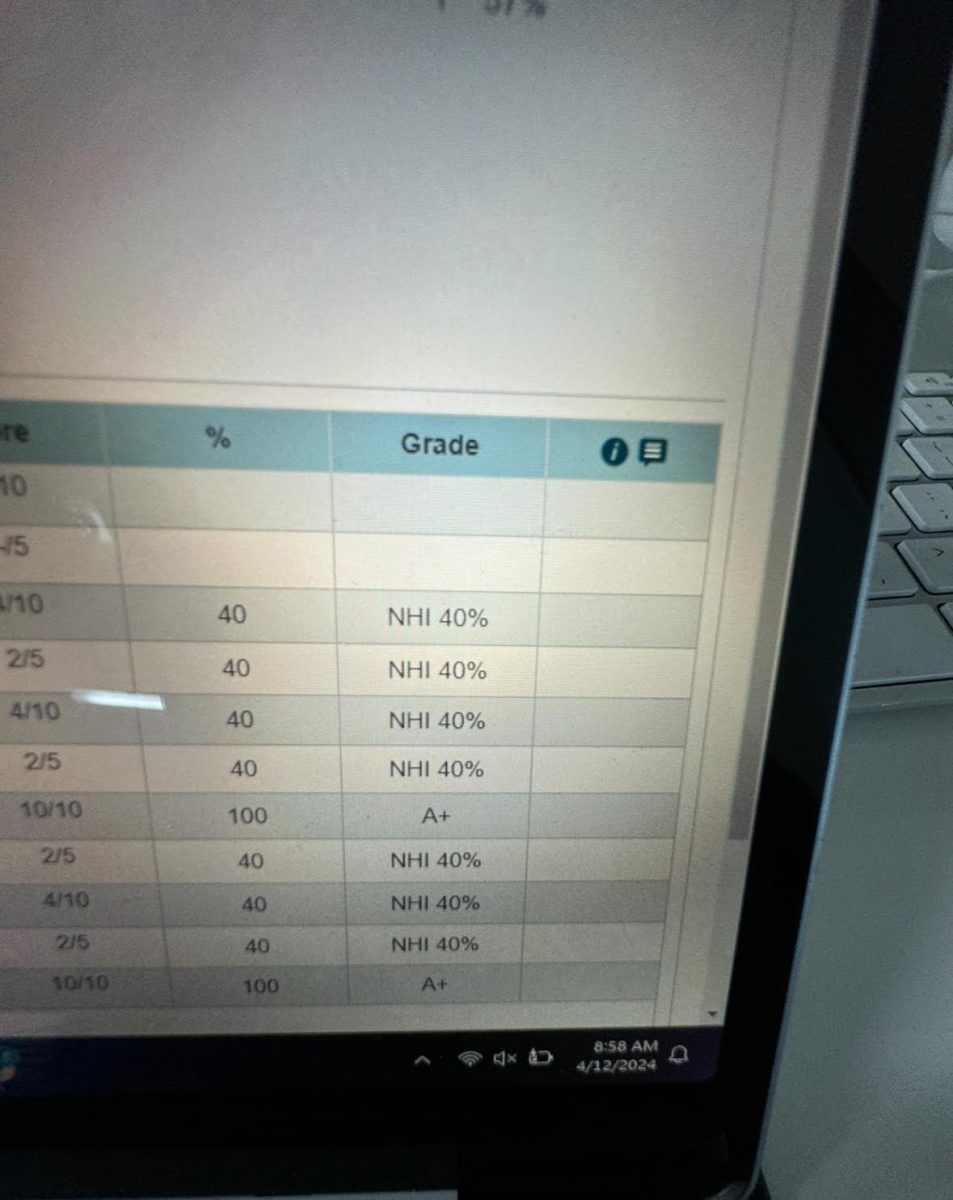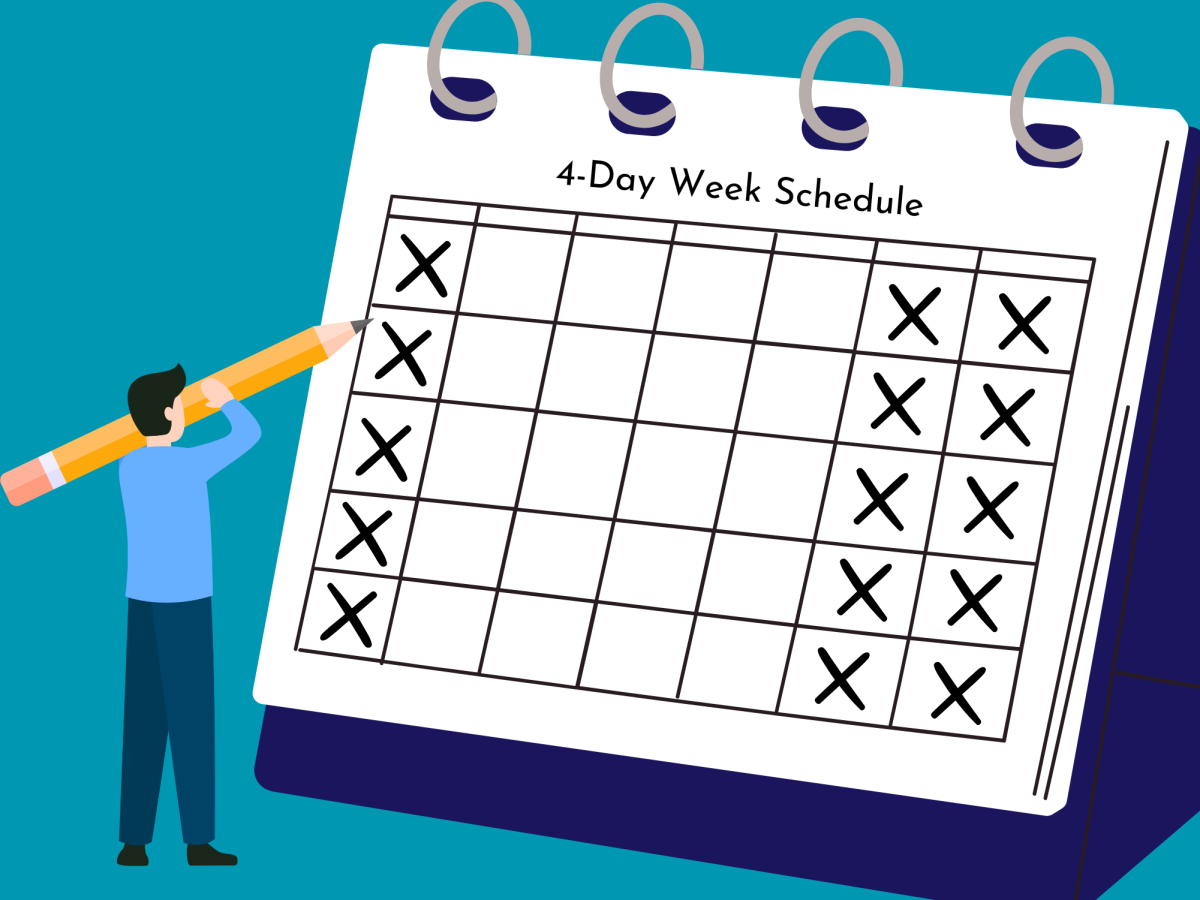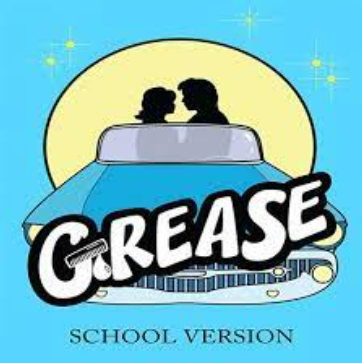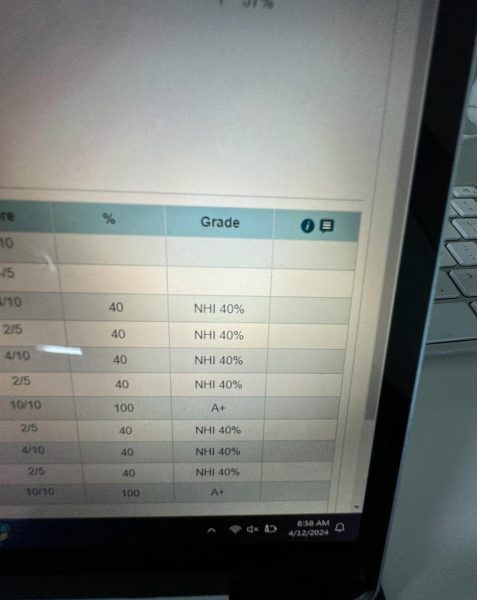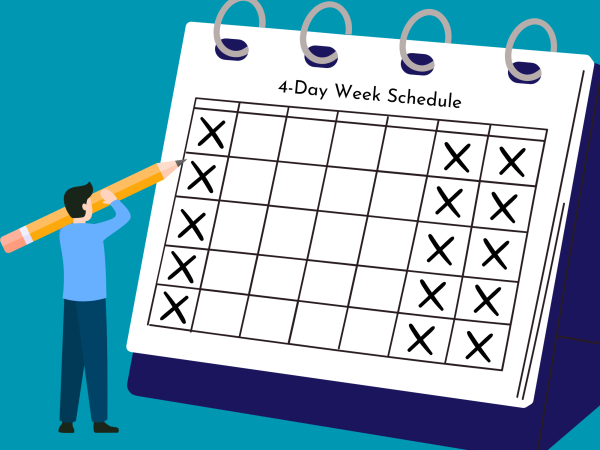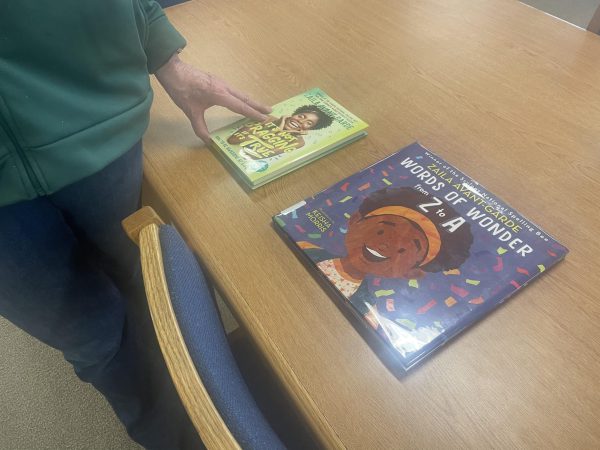The Flu
It’s Flu season so don’t skip out on the new recommendations on how to receive it.
November 15, 2016
It’s flu season and everyone from three month olds and older must receive a flu vaccine. Getting the flu vaccine helps to prevent influenza and is especially important for people who are at a high risk of serious complications of influenza. This involves virus infections of the upper respiratory tract (nasal passages, throat) and lower respiratory tract (lungs).
According to the Smoky Hill website, only injectable flu vaccines, which are given as shots with a needle, are recommended by the Centers for Disease Control (CDC) and the American Academy of Pediatrics (AAP) this season. Injectable vaccines include inactivated influenza vaccines (IIV) and recombinant influenza vaccines (RIV). RIV is not approved for children younger than 18 years of age; those children should receive IIV.
Unfortunately for those who don’t care for shots very much, the nasal spray flu vaccine (trade name FluMist®) is not recommended this season because of concerns that it may not work well. For example, CDC found that the nasal spray offered no protection against flu for children from the age of two to seventeen last season. Luckily the vaccination has a plan ‘B’ which is the Flu shot which does indeed work.
CDC found that flu shots reduced a child’s risk of ending up at the doctor’s office sick with flu by more than 60 percent last season. Studies from the CDC have noticed there have been recent problems with how well the nasal spray flu vaccine has worked. However, they are not sure why this happened and are doing further research so that the nasal spray flu vaccine, may in the future, be an option for kids and parents.








